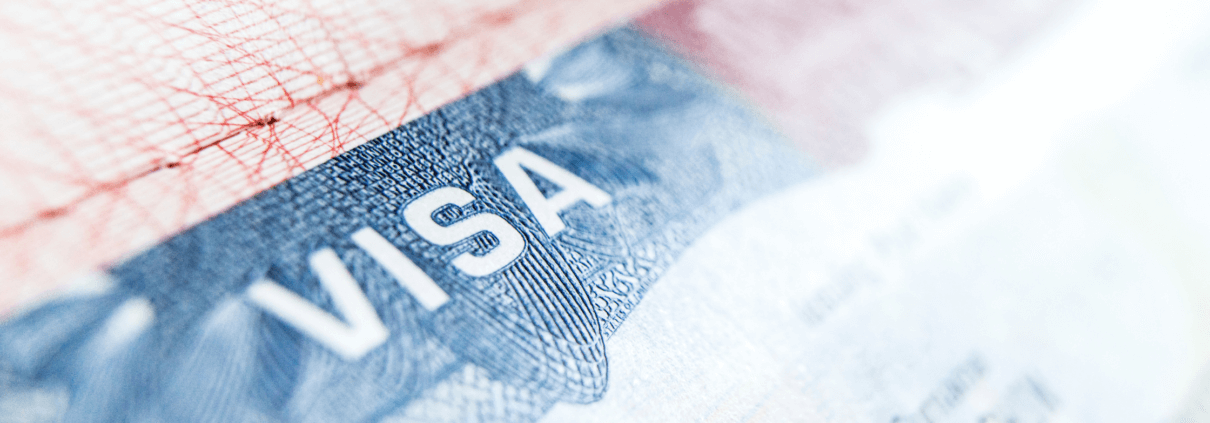Changes to Right to Work Checks
From 1 July, the rules surrounding the right to work checks for EEA (European Economic Area) nationals have changed. Make sure you are up to date…
Right to Work
Updated guidance has been released by the government when it comes to right to work checks. Within the care sector there is a high proportion of workers from outside the UK, so it is vital that the correct checks are carried out to ensure you, as the employer, are not liable for a civil penalty.
Please note, these checks must be carried out before day one of the employment start date.
Need-to-know
- Employers can be subject to a civil penalty of up to £20,000 for each employee who does not have the right to work in the UK, if the correct checks were not carried out.
- Note that companies need to have a sponsor license to hire most workers from outside the UK. Find out how to apply at www.gov.uk/uk-visa-sponsorship-employers.
What has Changed?
From 1 July 2021, EEA nationals (and workers from Switzerland) will have to demonstrate their right to work. This will be done using the Home Office online service – and it will be relevant to their immigration status, not their nationality. An online check is required for workers who only have digital proof of their immigration status in the UK. This applies to most EU (European Union), EEA, or Swiss citizens.
From this date an employer will no longer be able to take ID cards of EU, EEA, or Swiss citizens as proof of right to work.
Note that employers will not have to carry out retrospective checks on employees who are EEA nationals and who were employed on or before 30 June 2001. This applies as long as the initial right to work check was undertaken in line with right to work legislation and the Home Office guidance.
Case Study
We recently interviewed a Turkish national who works in the care industry. They had entered the UK six months ago on a self-employed visa.
So with these new laws in place, were we able to recruit them?
Turkey is neither an EU or EEA country. (The EEA includes EU countries plus Iceland, Liechtenstein and Norway. While Switzerland is neither an EU or an EEA member it is part of the single market. so Swiss nationals have the same rights to live and work in the UK as other EEA nationals.)
The ECAA 1, the self-employed Turkish Businessperson visa, allows Turkish citizens to form a new business or join an existing business. This visa requires the individual to show that they have the funds necessary to cover their living and business expenses, as well as any expenses of their dependents.
In essence, the requirements mean that the individual will not seek benefits to cover their expenses. The Turkish national we interviewed could have worked with our client as a self-employed person under HMRC rules, However, our client needed a full-time person who could cover various shifts, including nights. The Turkish national had other clients and would not have been able to commit and withdrew.
Find out more about the rules for recruiting workers from outside the UK at www.gov.uk/guidance/recruiting-people-from-outside-the-uk.
If you would like to discuss this subject further, please contact Cecily Lalloo at Embrace HR Limited.
T: 01296 761288 or contact us here.
If you would like to receive our newsletter, please sign up here.
Based in Aylesbury, Buckinghamshire, Embrace HR Limited provide a specialised HR service to the care sector, from recruitment through to exit.




